| I
dentify each unfamiliar word.
"I have to
read this section from my health book."
When a person becomes older
they need to make sure their bones get enough calcium on a daily
basis. By drinking a glass of milk each day they can fight the
harmful effects of osteoporosis and stay healthy.
"When
I read this sentence, I had difficulty understanding the meaning
of the word osteoporosis."
|
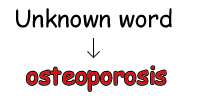 |
| F ind
the definition of the word.
"By reading the
words in the sentence surrounding the word osteoporosis, I still
have trouble coming up with a definition. The context clues
in the sentence let me know that osteoporosis happens when bones
do not receive enough calcium. To help me better understand
the word, I will look it up in the index of my health book.
The definition in my health book tells me that osteoporosis
is a disease that causes the bones to become brittle and more
easily broken."
|
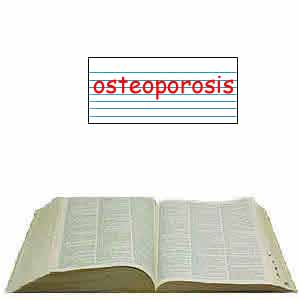 |
| I solate
the word.
"To help me remember
the word osteoporosis, I will write it on front of a note card." |
 |
| T ell
the definition of the word.
"Osteoporosis
is a disease that causes the bones to become brittle and more
easily broken. I will write this definition on the back of my
note card to help me remember." |

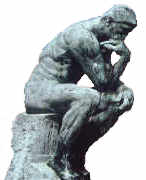 |
| F ind
a key word.
"I see the por
which is like the word pore which means holes. When bones get
pores in them, they become brittle and can break easily." |
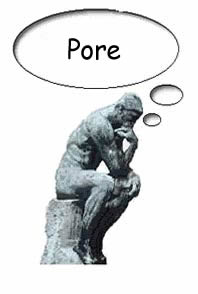 |
| I
magine an interaction.
"When
a person's bones get pores, they are more likely to break. To
help me remember this, I will think of a man with a cast on
his leg. This will help me remember that osteoporosis can cause
bones to break." |
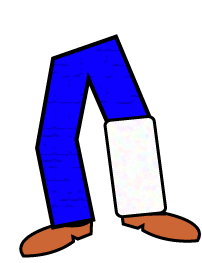 |
| T
hink about your strategy.
"When I have to
remember the definition of the word osteoporosis for my health
test, I will see the word pore and remember that pores are holes
and that pores in bones can lead to brittle bones and broken
bones." |
 |
|
S
ay the strategy.
"I will study
my note card with the definition of osteoporosis. I will also
think of the word pore and picture a man with a cast on his
leg."
|
 |